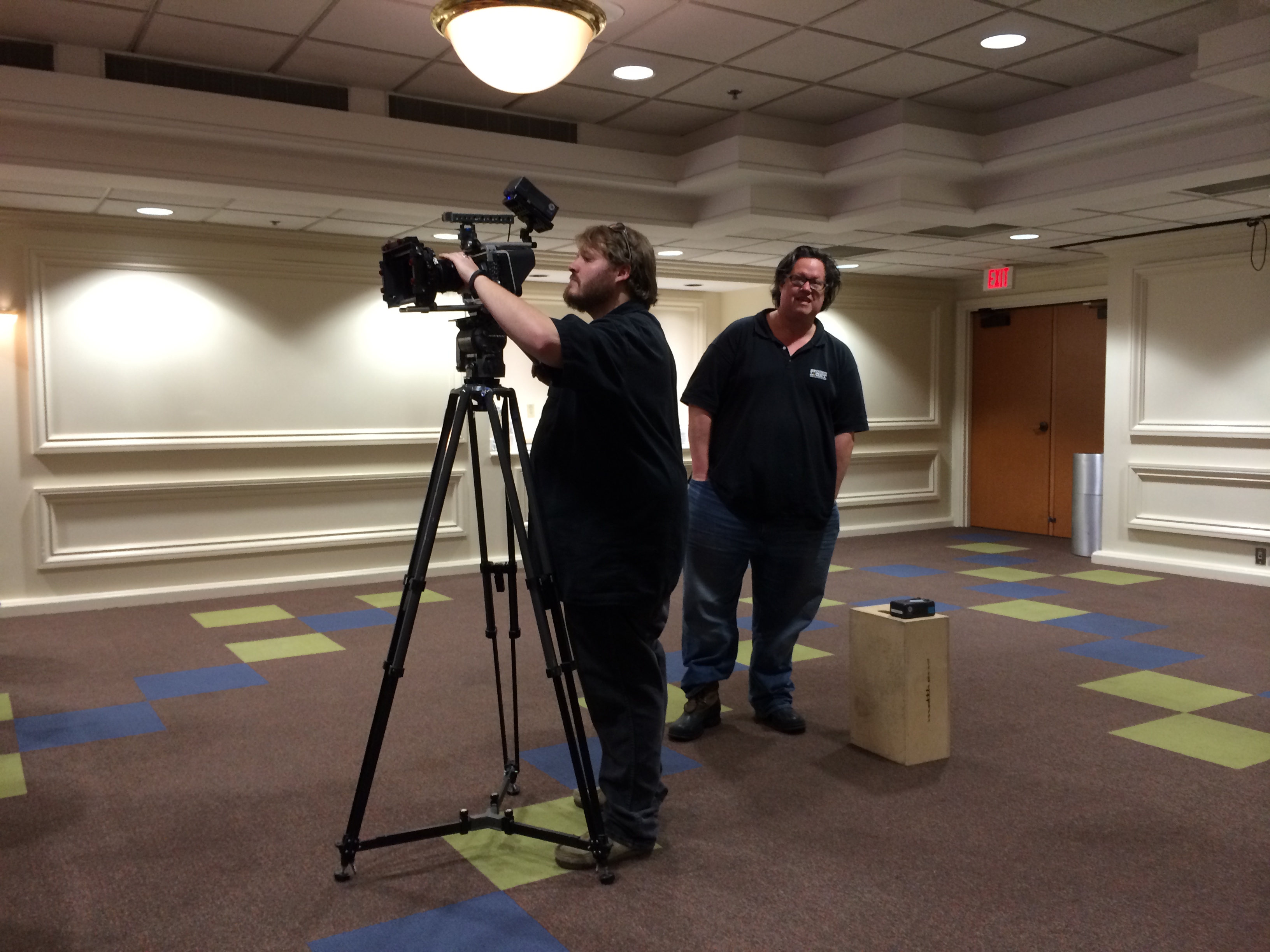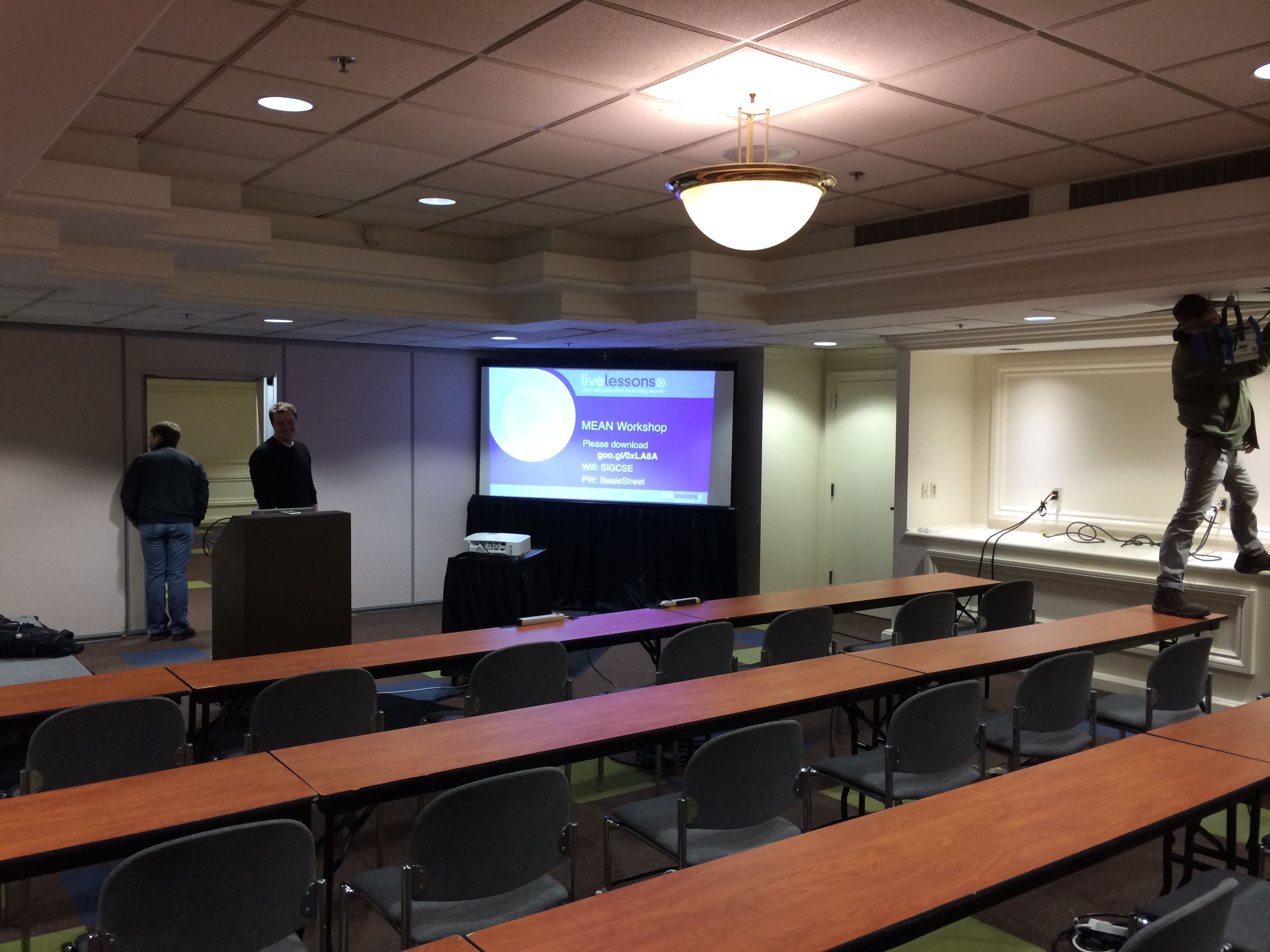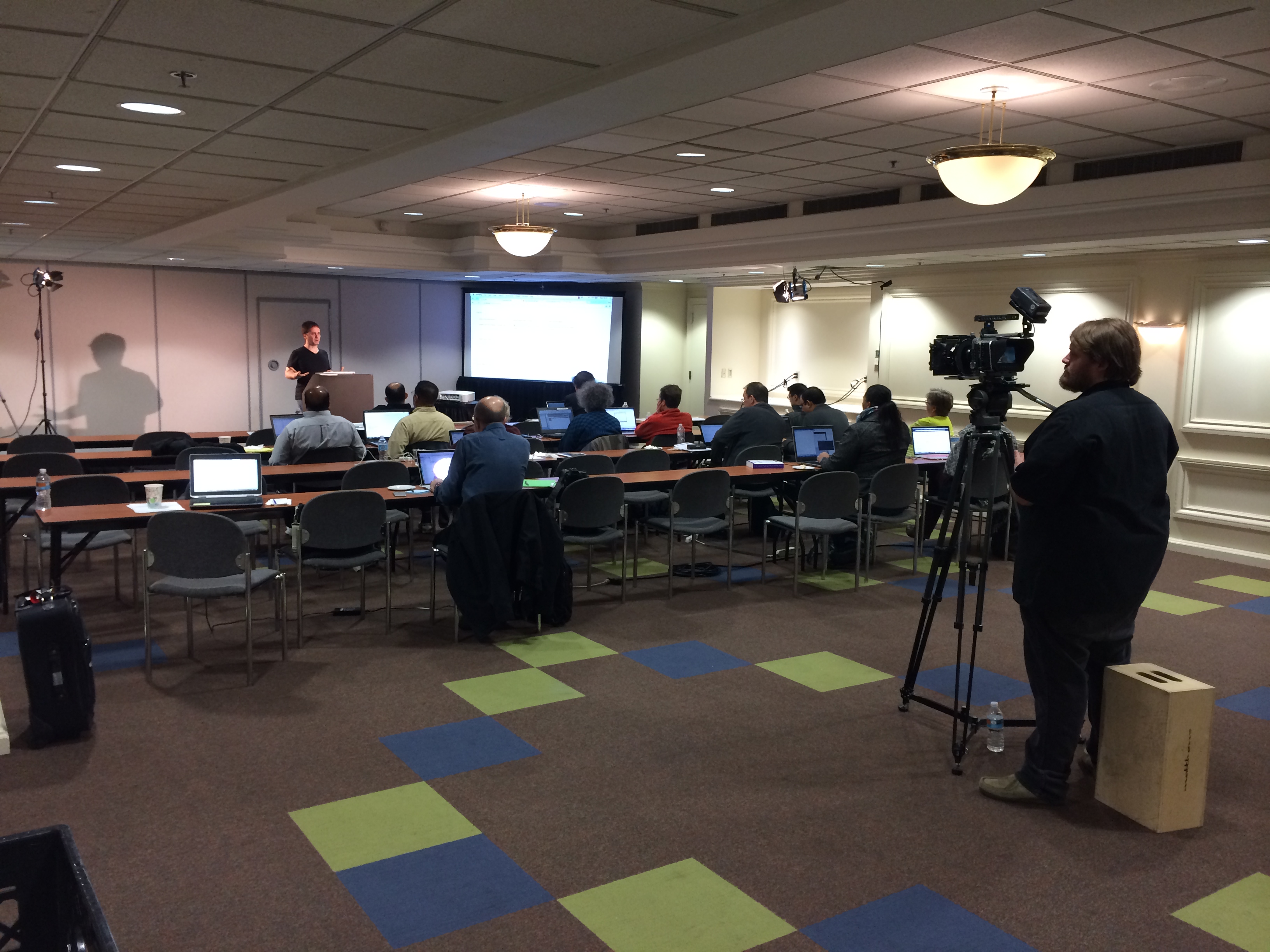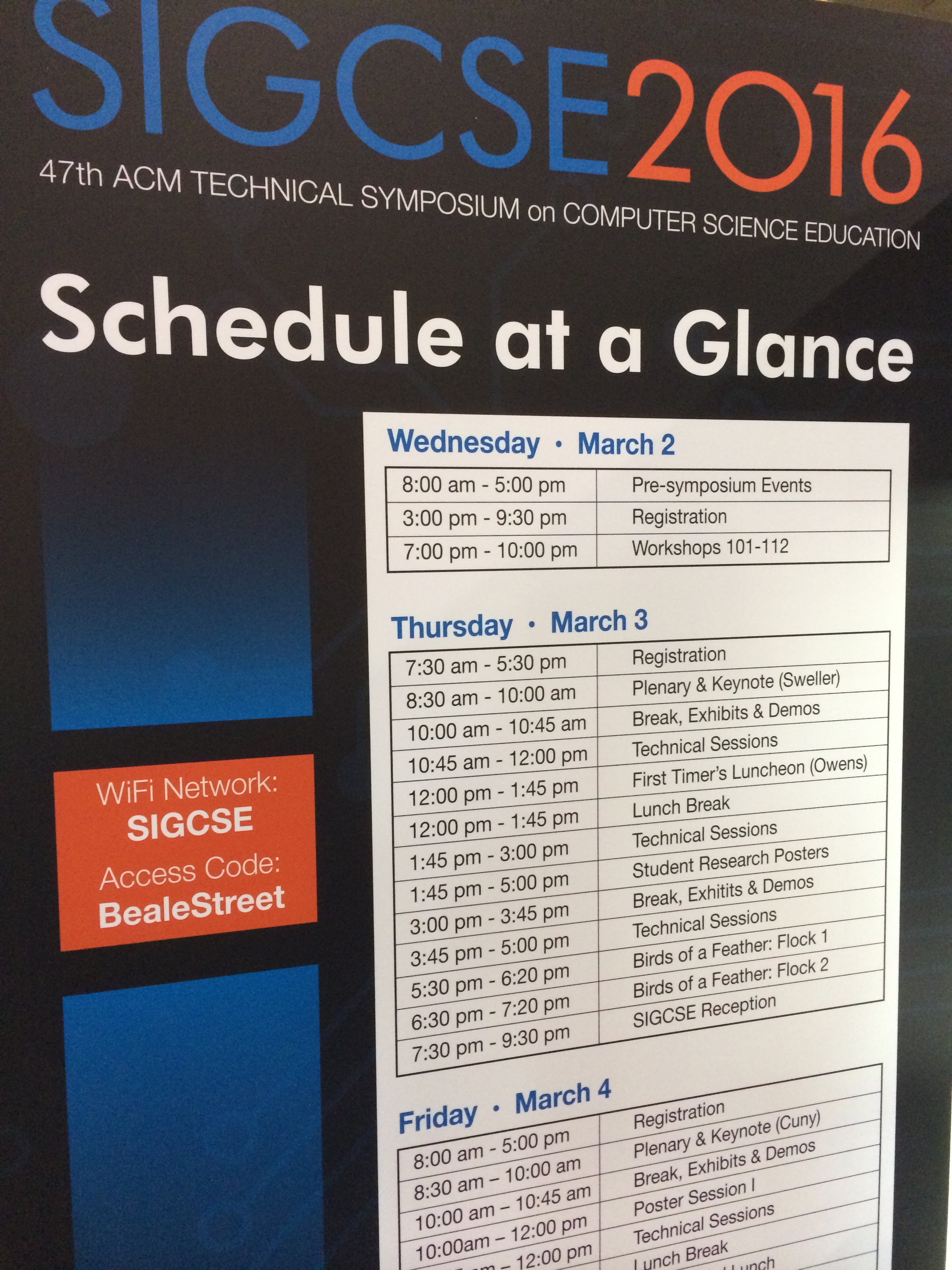A Comprehensive Hands-On Tutorial for Educators

Netscape first provided a grand unification of sorts by offering a single, uniform interface to resources spread across the globe. Simple HTML interfaces to CGI (and later PHP) scripts provided the second grand unification -- as suddenly software developers did not need to worry about client software distribution any more. Both Java and Javascript attempted (in their own ways) to enhance the degree of sophistication of the end-user experience. Protocols and technologies came and went (xml-rpc, SOAP, Java RMI, OpenLaszlo, etc.) while the typical web development solution slowly converged towards a (now traditional) LAMP stack architecture. As web development projects became more demanding, frameworks like Spring and Rails (for Ruby) demonstrated the viability of the MVC pattern and helped spawn replicas (CakePHP, Django, Grails, etc.) into other communities. Today it's fair to say that the move towards the MVC architectures was just another (spontaneous, unplanned) attempt to unify development over the web. Simplicity often tends to be a great focal point of evolution.
In the last 5-6 years another type of unification became possible due to the surprising resurgence of a most unlikely candidate: Javascript. First Javascript was the glue that made possible the ideas behind HTML5 (as an entirely new set of APIs, and not just a new set of tags). Then in 2009 with the first release of node.js (relying on Google's Javascript V8 engine) the creation of web servers and networking tools using JavaScript became not just possible, but also extremely efficient. These days, using MongoDB as the document database, Node.js as the server platform (with Express as a flexible and robust server-side web application framework) along with AngularJS (by Google) for the GUIs on the client side, developers are finally capable of creating more agile software by using a single language across all layers of application development. This has the potential to drastically change how we teach web programming. Bring your own laptop and join workshop presenters Marc Wandschneider (Google UK) and Brad Dayley (Novell, Inc.) as they explore in tutorial fashion all major aspects, stages and components of web development with the MEAN stack.
| Date | Name | Affiliation |
| 12/15/2015 | 01. Dr. Alvaro Monge | California State University @Long Beach |
| 12/24/2015 | 02. Dr. Jens Mache | Lewis & Clark College (Portland, Oregon) |
| 12/26/2015 | 03. Dr. Richard Weiss | The Evergreen State College |
| 01/11/2016 | 04. Anurag Nagar | Univ of Texas @Dallas |
| 01/11/2016 | 05. Ramzi Bualuan | CSE Notre Dame |
| 01/15/2016 | 06. David Bethelmy | Bethune-Cookman University |
| 01/15/2016 | 07. Dr. Eranna Guruvadoo | Bethune-Cookman University |
| 01/18/2016 | 08. Prof. Alessio Gaspar | Univ. of South Florida |
| 01/24/2016 | 09. Shereef Abu Al-Maati, PhD | American University of Kuwait |
| 01/27/2016 | 10. Prof. Albert Chan | Fayetteville State University |
| 02/07/2016 | 11. Barbara Doyle, PhD | Jacksonville University |
| 02/12/2016 | 12. J. Michael Moore | Texas A & M University |
| 02/20/2016 | 13. Kihyun "Ki" Kim | Jacksonville State University |
| 02/21/2016 | 14. Andrea DeMott | Ohio University |
| 03/02/2016 | 15. Tum Chaturapruek | Stanford University |
| 03/02/2016 | 16. Christina Garner-McCune | University of Florida |
| 17. | ||
| 18. | ||
| 19. | ||
| 20. |







